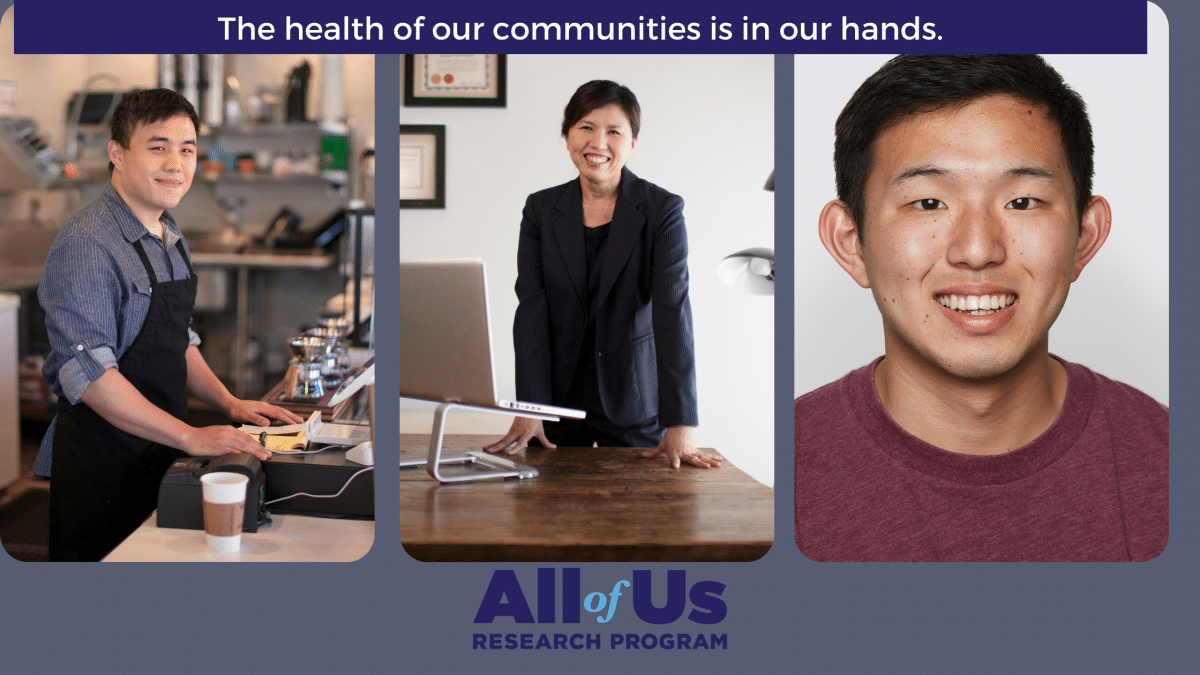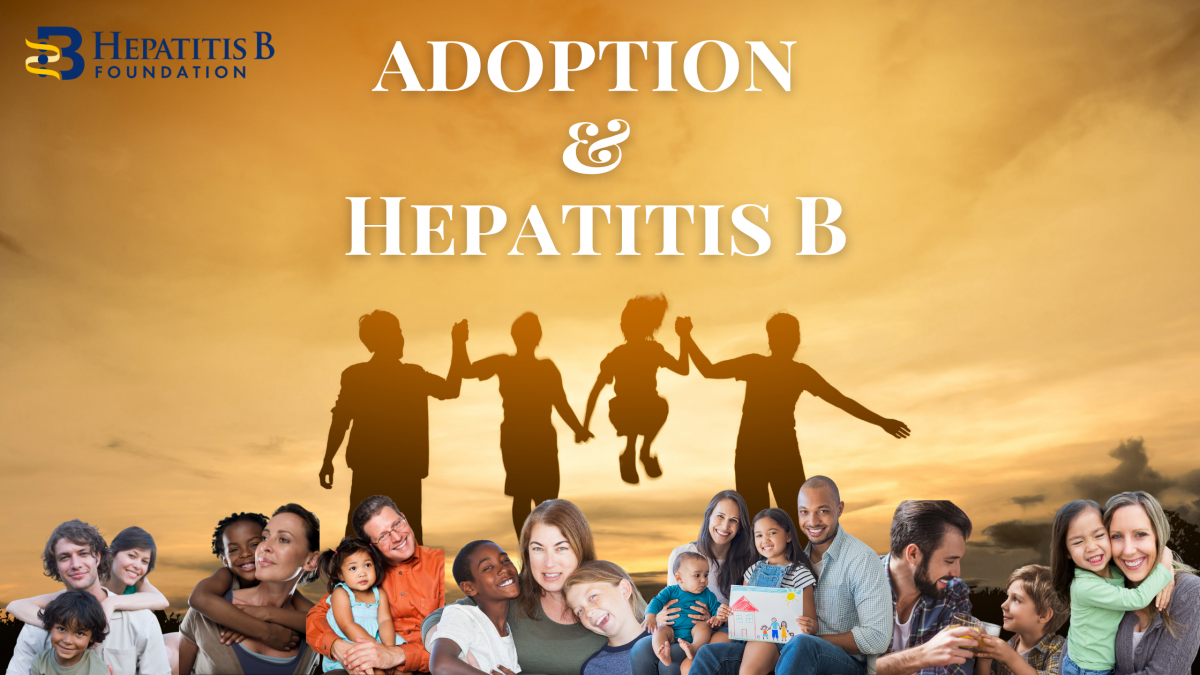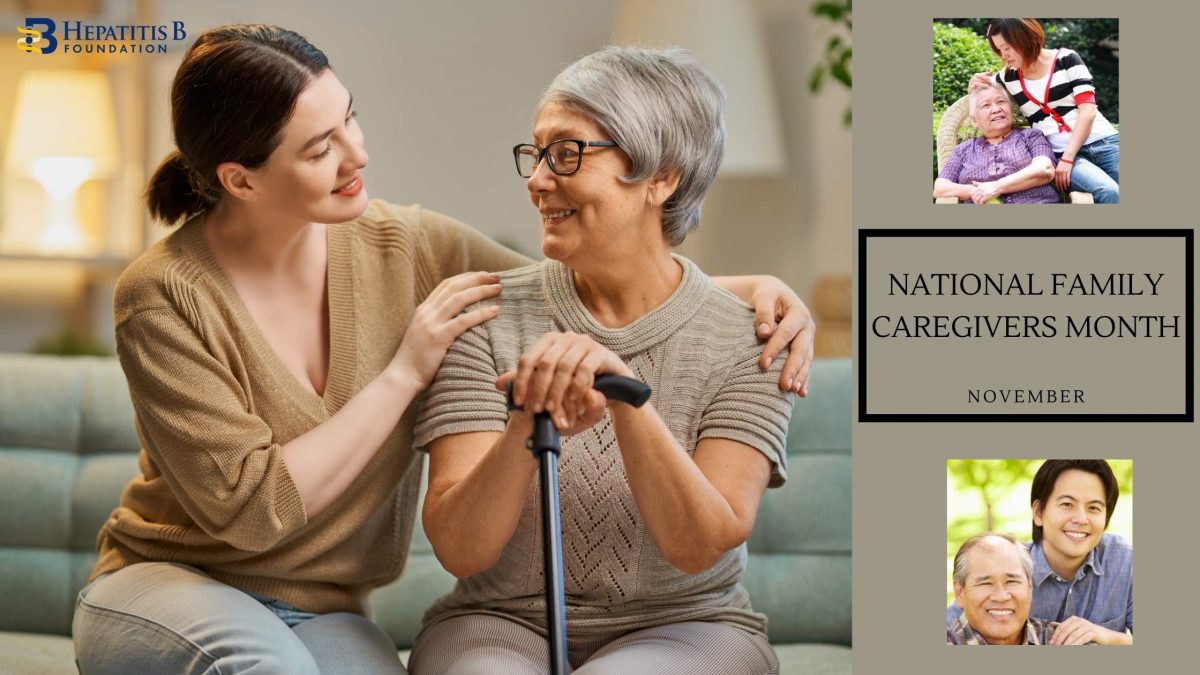
Medicine is not one size fits all. Changing that idea takes All of Us.
Why is it that an African American woman in her thirties living in a large city tends to receive the same medical care as a man in his sixties of European descent who lives on a farm in rural America, who in turn receives the same treatment as a Korean American mother of two in her forties living in a midwestern suburb? Each of these people has different ancestry, lifestyle, environment, socioeconomic status, and genetics, all of which have a major impact on health. Why should these factors not impact healthcare as well?
The All of Us Research Program, an initiative of the National Institutes of Health, is working to change that. The goal of the program is to diversify the pool of available biomedical data, so that researchers can study many different people and groups, and doctors in turn can then make much more informed decisions about prevention, diagnosis, and treatment of various conditions, that are much more tailored to individual people and to specific groups of people, a practice known as precision medicine. For far too long, doctors have been using data from and information about “the average person” (typically a white man) to make decisions and provide care to everyone in the extraordinarily diverse population of the United States. Now there is a great opportunity for all of us to come together to help them change that!
The overall objective of the project is to recruit one million or more participants and to follow them over ten years.The Hepatitis B Foundation, in partnership with Hep Free Haw aii and the Asian Engagement and Recruitment Core (ARC), is working to spread the word about the All of Us Research Program to everyone, but particularly among Asian American, Native Hawaiian, and Pacific Islander communities, who are under-represented in this area, historically and currently.
Why should I participate?
This is an important chance to learn about your own health, including risk factors and exposures. This is also a great opportunity to help fight diseases, start to close the gaps in a healthcare system that currently does not provide all Americans with the same high quality of healthcare, and more quickly find solutions to serious healthcare problems. Examples of some questions you could help answer are: “How can we prevent the chronic pain that affects more than 100 million people across the US each year? How can we develop cancer treatments that will work the first time, so that we can skip painful trial-and-error chemotherapy? Why does the heart medication Plavix have a much lower success rate among Asian Americans than those of European descent? What would be a more appropriate treatment?” The answers to these questions can be found by gathering more data and more insights from more people. People like you! You have the power to change the course of healthcare for yourself, your community, and future generations.
How Can I Get Involved?
Getting involved is quick and easy! The steps to follow are:
- Visit www.joinallofus.org to learn more, enroll, and provide consent for the sharing of your electronic health record, where all of your medical information is digitally stored.
- Complete a series of surveys that will ask for information about your lifestyle, environment, family history, and background.
- Provide health measurements like height, weight, waist circumference, and heart rate, among others.
- Provide biosamples of blood, urine, and saliva.
- Start using apps and technology to track your behaviors and routine activities, starting with a FitBit and including others down the road that are still under development.
You will receive help and guidance at each stage in the process.
What about my privacy?
Glad you asked! Any data that you provide will be highly secure and protected. Data security for this project has been built by experts with input from the public. All data is encrypted with identifying information removed, and guaranteed by a Certificate of Confidentiality. Researchers must also agree to a Code of Conduct before accessing the data. You will have access to any and all of your data at any time throughout the program and the highest standard of transparency is practiced.
What if I don’t want to continue?
You are in control. You can stop your participation at any time. If you have already provided data and no longer want it to be used, you can simply let All of Us know and your data will be destroyed.
Partners in the Process
All of Us is not a project where researchers know all of the answers and are just mining participants for data. Choosing to participate in All of Us means that you are a partner in the research process. Your thoughts and insights are valuable and you will play a direct role in shaping healthcare for yourself and your community both now and in the future – not just with your data, but as an active participant in the research process, including in the proposal and guidance of future research.
The All of Us Research Program aims to serve people better, to be more inclusive in biomedical research, to find healthcare solutions that are realistic for and meaningful to more people, and to work toward research and medical breakthroughs that are more reflective of the diversity of the United States. Take the next step to make sure we are Invisible No Longer. Visit www.joinallofus.org to get started today!



 Hepatitis B and Stigma
Hepatitis B and Stigma 